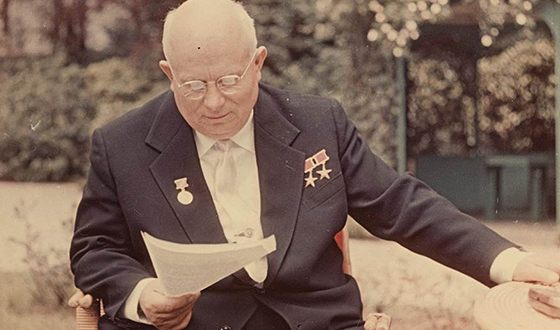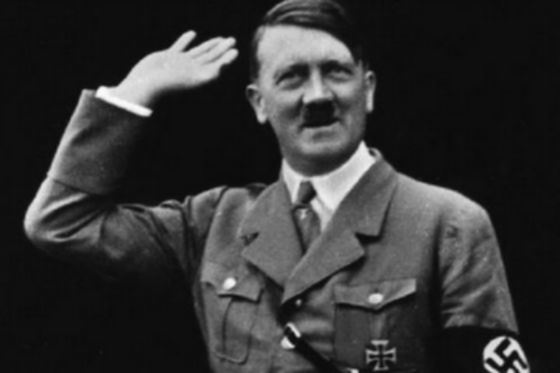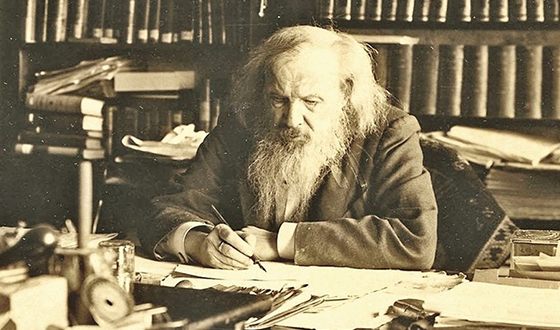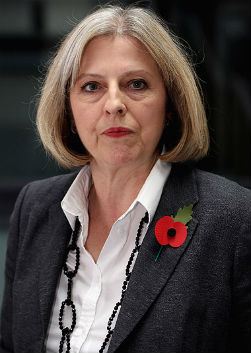Mahatma Gandhi
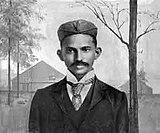 Mohandas Karamchand Gandhi was born on October 2, 1869 in the coastal city of Porbandar in a Vaishnava family that belonged to the Vaishya caste. The family had four children. At the age of 13, parents, as was customary at the time, married Mohandas to a girl of the same age named Kasturba.
Mohandas Karamchand Gandhi was born on October 2, 1869 in the coastal city of Porbandar in a Vaishnava family that belonged to the Vaishya caste. The family had four children. At the age of 13, parents, as was customary at the time, married Mohandas to a girl of the same age named Kasturba.
The Gandhi family was fairly well off, so she could afford to give children a good education. Therefore, at the age of 19, Mohandas went to London to study jurisprudence. Upon graduation in 1891, he returned to India again in order to work in his specialty. In 1893, Mohandas signed a one-year contract for legal work in South Africa.
South Africa was controlled by the British at that time. When Gandhi tried to defend his rights as a British citizen, he was persecuted by the authorities. Looking closely, he became convinced that all Indians were subject to such treatment. Mohandas decided to start a fight to protect the rights of his compatriots and spent 21 years in South Africa with his family until he achieved success.
Gandhi developed his own method of action, which was based on the principles of truth, courage and non-violence, and called it Satyagraha. Gandhi believed that the way to achieve a result is much more important than the result itself. Satyagraha proclaims non-violence and civil disobedience as the most preferred and effective ways to achieve social and political goals. In 1915, Mohandas returned to India. For 15 years, he became the leader of the Indian nationalist movement.
Strictly following the principles of Satyagraha, Gandhi declared the struggle for the independence of India from Britain. A large number of times the British have arrested a leader for his activity in South Africa and India. Gandhi believed that if there were specific grounds for imprisonment, then go to jail is fair and proper. In total, he spent seven years in prison out of all his political activities.
Gandhi went hungry many times to demonstrate the need for non-violence to everyone else. In 1947, India gained independence and was divided into India and Pakistan. Following this, mass conflicts between Hindus and Muslims began. Gandhi, in turn, was a supporter of a united India, where both Hindus and Muslims would live in peace.
On January 13, 1948, Gandhi went on a hunger strike, thereby trying to stop the bloodshed. After five days, the leaders of the opposition parties promised to end the clashes, and Gandhi interrupted the hunger strike. Twelve days later, Hindu fanatic Nathuram Godse, an ardent opponent of Gandhi in matters of tolerance for all religions and religions, shot him three times in the chest and stomach. Weakening Gandhi, supported by nieces on both sides, showed with gestures that he forgives the murderer.
Quotes by Mahatsa Gandhi
* Without labor, gold, silver, and copper would be worthless waste rock.
Fearlessness is necessary for the development of other noble qualities. Is it possible without courage to seek the truth or to cherish love?
* The rich should live easier so that the poor can simply survive.
* In matters of conscience, the majority law does not apply.
* The greatness and moral progress of a nation can be measured by how this nation relates to animals.
* The newspaper is a great force, but just as the unrestrained flow fills the shores and destroys crops, so the journalist’s pen is not subject to the control only for destruction. If control comes from the side, it turns out to be even more destructive than the lack of control. Control is beneficial only when it comes from within.
* In order to achieve their well-being, Britain needed the resources of half the planet. How many such planets are needed for India to reach the same level of well-being?
* To think that sexual intercourse is an independent function, as necessary as sleep and food, in my opinion, is the greatest ignorance
* If we want to achieve true peace in the whole world, then we must begin with children.
* If you want the world to change, become this change yourself.
* If you want a change in the future – become this change in the present.
* Knowledge of religion, in contrast to experience, seems trivial at the time of trial.
* Anyone who wants this can listen to their inner voice. He is inside each of us.
* As soon as you believe that you have reached the ideal, further development stops and the movement begins to reverse.
